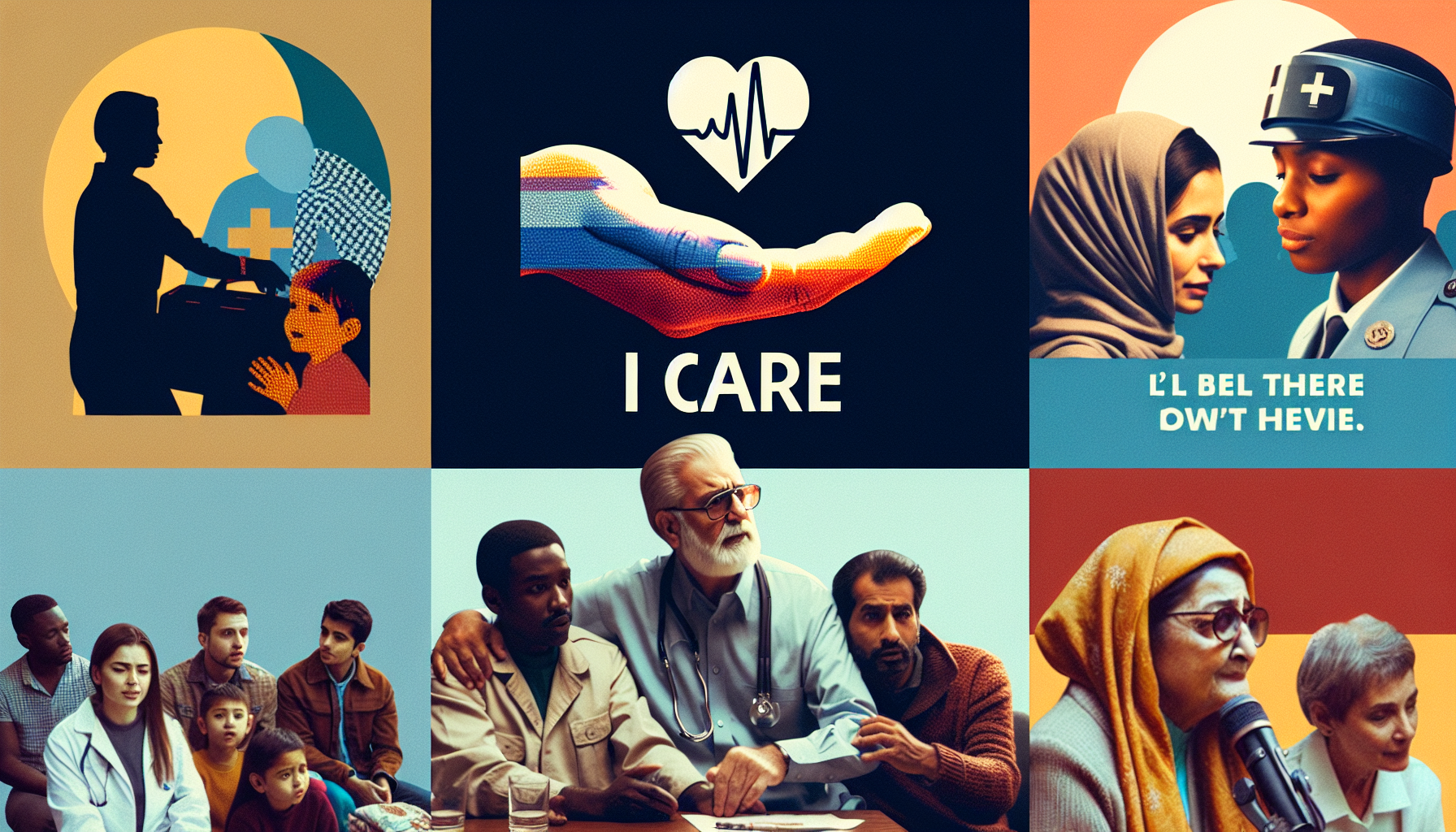Beyond the Stethoscope: High-Paying Non-Clinical Doctor Careers

Medical writing has emerged as one of the most sought-after non-clinical roles for physicians. In this career, medical professionals create content for a variety of purposes, including medical publications, regulatory documentation, and educational materials. Medical writers utilize their extensive medical knowledge to communicate complex information in a clear and accurate manner.
Medical Writing
Salary Insights: According to recent industry surveys, medical writers can earn between $80,000 and $150,000 annually. Factors influencing salary include experience, the complexity of assignments, and the type of employer, such as pharmaceutical companies or medical communication agencies. Job Satisfaction: Many medical writers report high levels of job satisfaction due to the flexibility of remote work and the intellectual challenge involved in adapting their knowledge for diverse audiences. The ability to influence public health literacy and contribute to scientific discourse adds to the appeal of this profession.
Consulting
Physician consultants play a crucial role in shaping healthcare organizations, insurance companies, and pharmaceuticals. In this capacity, doctors leverage their clinical insights to influence healthcare policies, improve operational efficiencies, and guide business strategies. Salary Insights: Physician consultants can command salaries ranging from $100,000 to over $300,000 per year. Those who specialize in high-demand areas, such as compliance, reimbursement strategies, or clinical trial design, tend to see even higher compensation. Job Satisfaction: The opportunity to shape healthcare landscapes while enjoying a flexible schedule contributes to high levels of job satisfaction among consultants. Many enjoy the variety of projects and the chance to work with diverse teams in a consultative role.
Healthcare Management
Healthcare management positions are ideal for physicians who possess strong leadership skills and a passion for improving healthcare systems. Roles in this field may include hospital administration, practice management, or health services management. Salary Insights: Salaries in healthcare management can vary widely. Entry-level management positions typically start around $70,000, while experienced executives can earn upwards of $200,000 annually. The variation often depends on the size of the institution and the level of responsibility. Job Satisfaction: Physicians in management roles often appreciate the chance to drive systemic changes that improve patient care. The ability to influence healthcare delivery from a managerial perspective can lead to a high level of fulfillment and a sense of purpose in their work.
Skills and Transitioning to Non-Clinical Roles
Transitioning from a clinical to a non-clinical career requires the development of additional skills that may not have been emphasized during medical training. Physicians may need to enhance their business acumen, writing capabilities, or understanding of healthcare policies, depending on the field they choose. Professional development courses, mentorship programs, and networking within the desired industry are valuable resources for physicians considering this transition. Many universities and organizations offer specialized training for medical professionals looking to pivot into non-clinical roles, helping them gain the necessary skills and confidence.
The medical profession is rich with opportunities that extend beyond traditional patient care. Non-clinical roles such as medical writing, consulting, and healthcare management not only offer competitive salaries but also provide physicians with avenues to leverage their expertise and make a significant impact on the healthcare landscape. As the demand for diverse medical roles continues to grow, more physicians are exploring these alternative pathways, ultimately leading to a more versatile and satisfied workforce in the healthcare industry. Whether you are a physician seeking a change or someone curious about the myriad of opportunities available in medicine, the world beyond the stethoscope is ripe with potential. Embracing these non-clinical roles can lead to a rewarding career that aligns with personal values and professional aspirations, all while contributing to the betterment of healthcare as a whole.
Regulatory Affairs Specialist
Pharmaceutical companies, biotech firms, medical device manufacturers
Core Responsibilities
Oversee the regulatory approval process for new pharmaceuticals and medical devices.
Ensure compliance with government regulations and industry standards throughout product development.
Prepare and submit regulatory documents to health authorities, such as the FDA and EMA.
Required Skills
In-depth understanding of regulatory guidelines and procedures.
Strong analytical and problem-solving skills, with attention to detail.
Excellent communication skills for liaising with cross-functional teams and regulatory bodies.
Health Informatics Specialist
Hospitals, health IT companies, consulting firms
Core Responsibilities
Manage and analyze health data to improve patient outcomes and healthcare delivery systems.
Develop and implement health information systems and electronic health records (EHR).
Collaborate with IT professionals and clinical staff to ensure effective data utilization.
Required Skills
Proficiency in data analysis tools and health information technologies.
Strong understanding of clinical workflows and healthcare regulations.
Ability to communicate complex data insights to non-technical stakeholders.
Medical Science Liaison (MSL)
Pharmaceutical companies, biotechnology firms, medical device companies
Core Responsibilities
Serve as a scientific expert, providing insights on clinical data and product information to healthcare professionals.
Build and maintain relationships with key opinion leaders (KOLs) in the medical community.
Support clinical trials and research initiatives by collaborating with clinical development teams.
Required Skills
Advanced knowledge of medical terminology and clinical research.
Strong interpersonal and presentation skills for effective communication with healthcare providers.
Ability to analyze scientific literature and translate findings into actionable insights.
Clinical Trial Manager
Pharmaceutical companies, academic research institutions, contract research organizations
Core Responsibilities
Oversee the planning and execution of clinical trials, ensuring compliance with regulatory requirements.
Manage budgets, timelines, and resources for successful trial conduct.
Coordinate with clinical research organizations (CROs) and investigators to facilitate trial operations.
Required Skills
Strong project management skills with a focus on clinical research protocols.
Knowledge of Good Clinical Practice (GCP) and regulatory guidelines.
Excellent organizational and communication skills to manage cross-functional teams.
Healthcare Policy Analyst
Government agencies, non-profit organizations, think tanks, and healthcare advocacy groups
Core Responsibilities
Analyze healthcare policies and their impact on healthcare systems and patient care.
Conduct research and prepare reports to inform policymakers and stakeholders.
Advocate for evidence-based policy changes to improve healthcare access and quality.
Required Skills
Strong research and analytical skills, with the ability to interpret complex data.
Understanding of healthcare regulations, reimbursement models, and public health issues.
Excellent writing and presentation skills for effective communication of findings.


